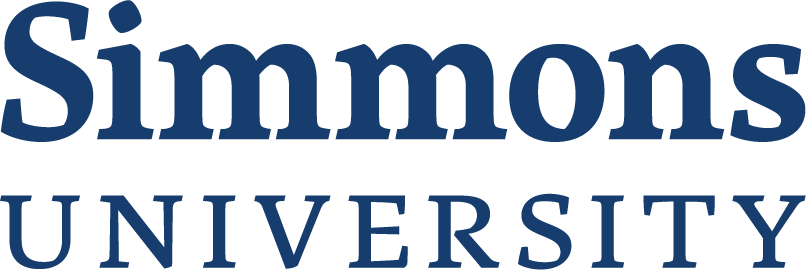Conference on Technology, Mind, and Society, American Psychological Association, Washington, DC
Posted September 18, 2017
The American Psychological Association will hold an interdisciplinary conference on *Technology, Mind, and Society* in Washington, DC, on April 5-7, 2018. Scientists, practitioners, policymakers, and students from around the world are invited to participate in the event.
The conference will provide a venue for reporting and assessing current efforts to understand and shape the interactions of human beings and technology, for identifying priorities for future work, and for promoting exchange and collaboration among participants.
The conference will be organized around the following broad themes:
- Basic Research: How humans understand and use technology, impacts of technology on human experience and behavior, human-technology interactions as mutually adaptive systems, role of technology in advancing other areas of scientific research, and related topics.
- Foundations of Technology Design: Development of technologies informed by psychological, behavioral, and social science research.
- Applications: Development, use, and impact of specific technologies in domains such as aging, education, mental and physical health, recreation, and the workplace.
- Broader Implications: Ethical and policy questions concerning the opportunities and challenges arising from human-technology interactions.
Conference presentations may address the role of humans at the individual, group, and/or societal levels. They may consider universal features of human-technology interactions as well as features that vary across age, culture, economic conditions, and other dimensions of human diversity.
Moreover, the conference aims to address the full range of contemporary and emerging technologies. These include but are not limited to artificial intelligence, robotics, mobile devices, social media, virtual/augmented reality, gaming, geographic information systems, autonomous vehicles, and biomedical technologies (e.g., brain-machine interfaces, genetic engineering).
The conference is open to researchers, professionals, and students in all relevant areas, including psychology and other behavioral and social sciences, neuroscience, computer science, engineering, design, health research, education research, city and regional planning, public policy, history of science and technology, and philosophy.
In addition to keynote talks by leading researchers, the conference will feature peer-reviewed paper and poster presentations. Ample opportunities will be provided for discussion and networking.
Questions
<[email protected]>
If you have any questions, please contact the APA
Science Directorate ([email protected]).
